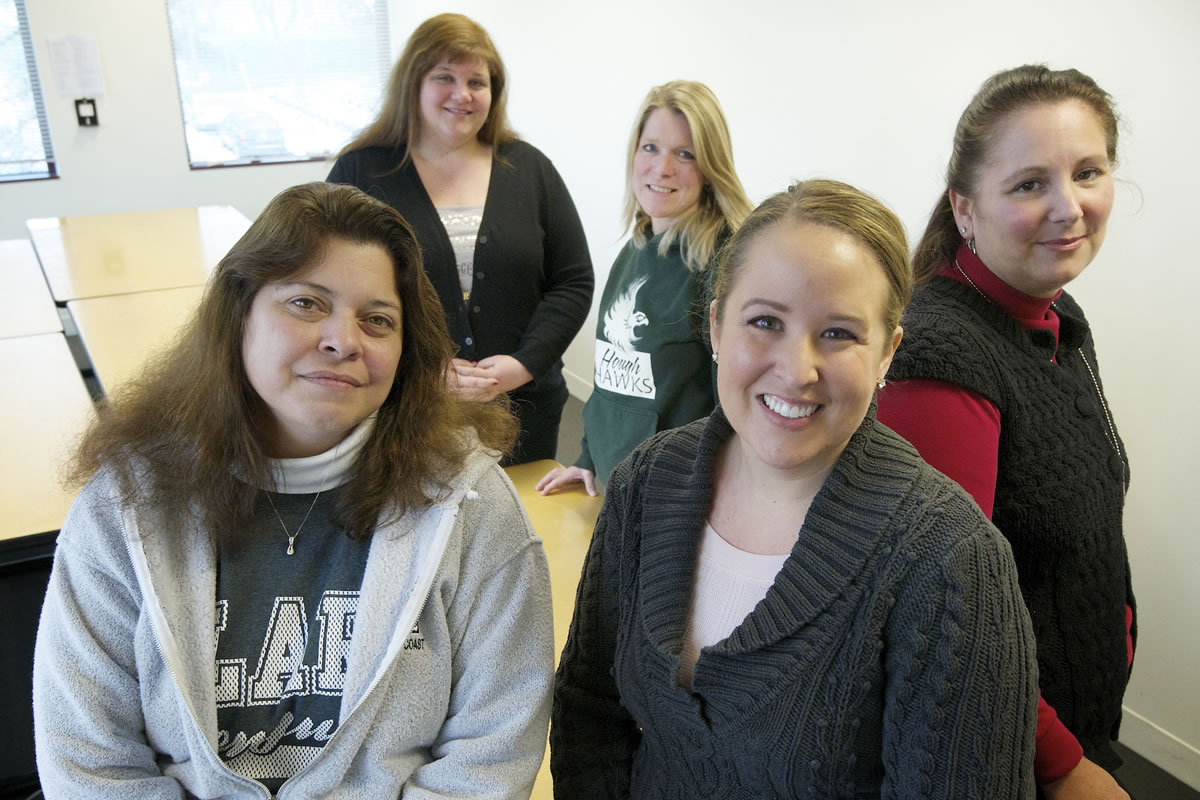West Van for Youth
o West Van for Youth's steering committee meets 4 to 5:30 p.m. on the second Tuesday of each month at Discovery Middle School, 800 E. 40th St. in Vancouver. The public is welcome.
o For questions, call West Van for Youth coordinator Tiffany Schwie-terman at 360-397-2130, ext. 5841.
o The group's website is http://substancefreeyouth.org.
Live outside west Vancouver?
Other substance-abuse prevention groups in Clark County include:
o Prevent, the Substance Abuse Prevention Coalition of Clark County, or call Joy Lyons at 360-750-7500, extension 144.
o Unite Washougal Community Coalition -- On facebook.com, or call Margaret McCarthy at 360-635-7449.
o Prevent Together: Battle Ground Prevention Alliance, or call Keno Leighty at 503-888-8409.
Did you know?
o 11 percent of Clark County eighth-graders and 23 percent of 10th-graders said they drank alcohol in the 30 days before being asked bt the 2012 Clark County Healthy Youth Survey. Fifteen percent of 10th-graders and 25 percent of 12th-graders said they drink heavily.
o 30 percent of eighth-graders and 52 percent of 10th-graders in Clark County said they think it's easy to access alcohol. Nineteen percent of 10th-graders said they've tried pot, and 58 percent of 10th-graders said there was no harm in trying marijuana.
o According to the Washington State Department of Social and Health Services, prevention efforts do pay off in reducing underage alcohol and drug use. In 2012, about 11,000 fewer minors in Washington drank alcohol when compared to two years earlier, according to the department, and drinking among eighth- and 10th-graders had dropped by half since 1998.




